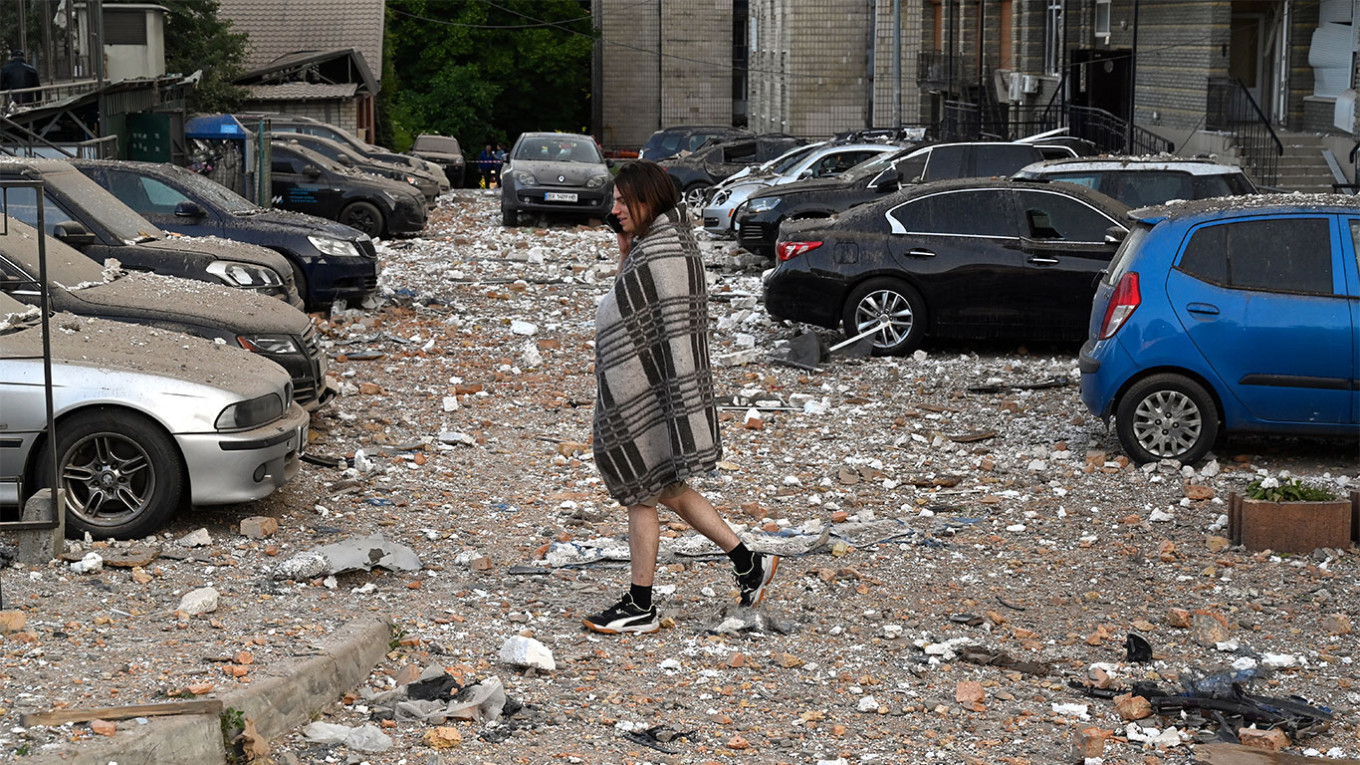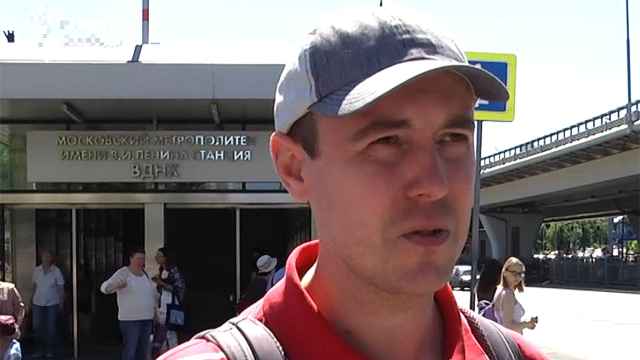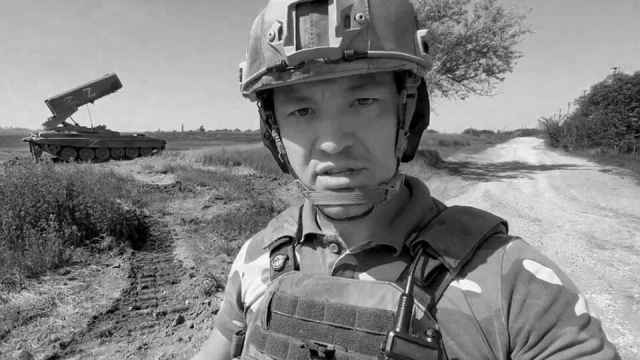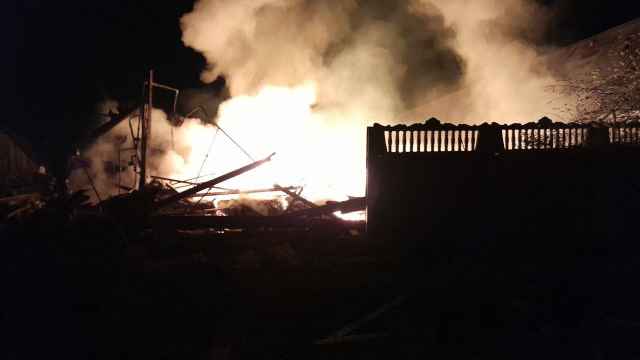Russia has focused near-daily attacks on the Ukrainian capital recently, sending missiles and drones overhead in the early hours and even broad daylight.
While Ukraine says it has mostly managed to intercept the barrages and has reported only two deaths from falling debris, the strikes raise questions about the motives for such disruptive tactics in a city far from the war's main hotspots.
Officials and analysts pointed to broad goals of hindering Ukraine's planned offensive and depleting its air defenses.
'Limit counteroffensive'
"This is their reaction to the preparations for a Ukrainian counteroffensive," a high-ranking Ukrainian official told AFP on condition of anonymity.
"The Ukrainian advance is expected, they are getting nervous."
"They are trying to limit our possibilities: exhaust air defense missiles and divert forces," the official said, stressing the low relative cost of Shahed drones used by Russia compared to the missiles fired by Ukraine's air defenses.
Kyiv has said it is preparing for a major counteroffensive against Moscow's forces.
Russia is seeking to locate Ukraine's air defense systems and keep them busy so they cannot be redeployed elsewhere for a fresh offensive, said Oleksandr Kovalenko, a military and political observer for Ukraine's "Information Resistance" group countering Russian propaganda.
The US-based Institute for the Study of War said it "previously assessed that Russian forces began a new limited air campaign in recent months to degrade Ukrainian counteroffensive capabilities."
"The Russian prioritization of targeting Kyiv is likely further limiting the campaign’s ability to meaningfully constrain potential Ukrainian counteroffensive actions," it added.
Hit air defenses, Patriot
Ukrainian Foreign Minister Dmytro Kuleba tweeted Tuesday that the attacks "aimed to deplete Ukrainian air defense."
He called for "greater production and supply of air defense systems and ammunition by EU and NATO partners."
The strikes could have been intended "to see how many interceptors were left, if we could intercept them all," said Mykola Bielieskov, a research fellow at the National Institute for Strategic Studies in Kyiv.
The Ukrainian defense ministry said it had repelled 29 out of 31 attack drones around and in Kyiv in the early hours of Tuesday.
Success rates of its air defenses have soared since the beginning of the war.
The U.S. has provided Ukraine with its advanced Patriot surface-to-air missile systems, which can take out incoming missiles with minimal losses, making them a major target for Russia.
"The first goal is that they try to destroy the Patriot air defense system," said Kovalenko.
Earlier this month, Russia said its forces had destroyed a Patriot system in Kyiv using its hypersonic Kinzhal (dagger) missile.
U.S. officials said the Patriot was damaged but still operational, however.
'Revenge' attack
Ukrainian Air Force spokesman Yuriy Ignat in televised comments described the latest strikes as in part a psychological operation.
He called them "revenge" for Russia's "failures" on the frontline, intended to please domestic audiences and "sow panic among the population of Ukraine."
"Maybe they are just engaged in terror, due to the lack of success at the front," said Bielieskov.
"Of course (the strikes) are irritating, how could they not be? When they keep flying over and don't let people sleep," the anonymous official said of the strikes, while saying that during World War II "Germans bombed London for five years and harder than the Russians bombed Kyiv, and what came of it?"
Russia hopes demoralized Ukrainians will push President Volodymyr Zelensky to hold peace talks with Russia, Kovalenko said.
"They don't know our psychology very well."
Zelensky not target
Strikes on Kyiv could be viewed as aimed at taking out top officials with offices there, and even Zelensky, but analysts said this was unlikely.
As long as Zelensky follows protocol and goes into a subterranean command post during air raids, he would be safe even from Russia's Kinzhal, Bielieskov said.
A Message from The Moscow Times:
Dear readers,
We are facing unprecedented challenges. Russia's Prosecutor General's Office has designated The Moscow Times as an "undesirable" organization, criminalizing our work and putting our staff at risk of prosecution. This follows our earlier unjust labeling as a "foreign agent."
These actions are direct attempts to silence independent journalism in Russia. The authorities claim our work "discredits the decisions of the Russian leadership." We see things differently: we strive to provide accurate, unbiased reporting on Russia.
We, the journalists of The Moscow Times, refuse to be silenced. But to continue our work, we need your help.
Your support, no matter how small, makes a world of difference. If you can, please support us monthly starting from just $2. It's quick to set up, and every contribution makes a significant impact.
By supporting The Moscow Times, you're defending open, independent journalism in the face of repression. Thank you for standing with us.
Remind me later.






